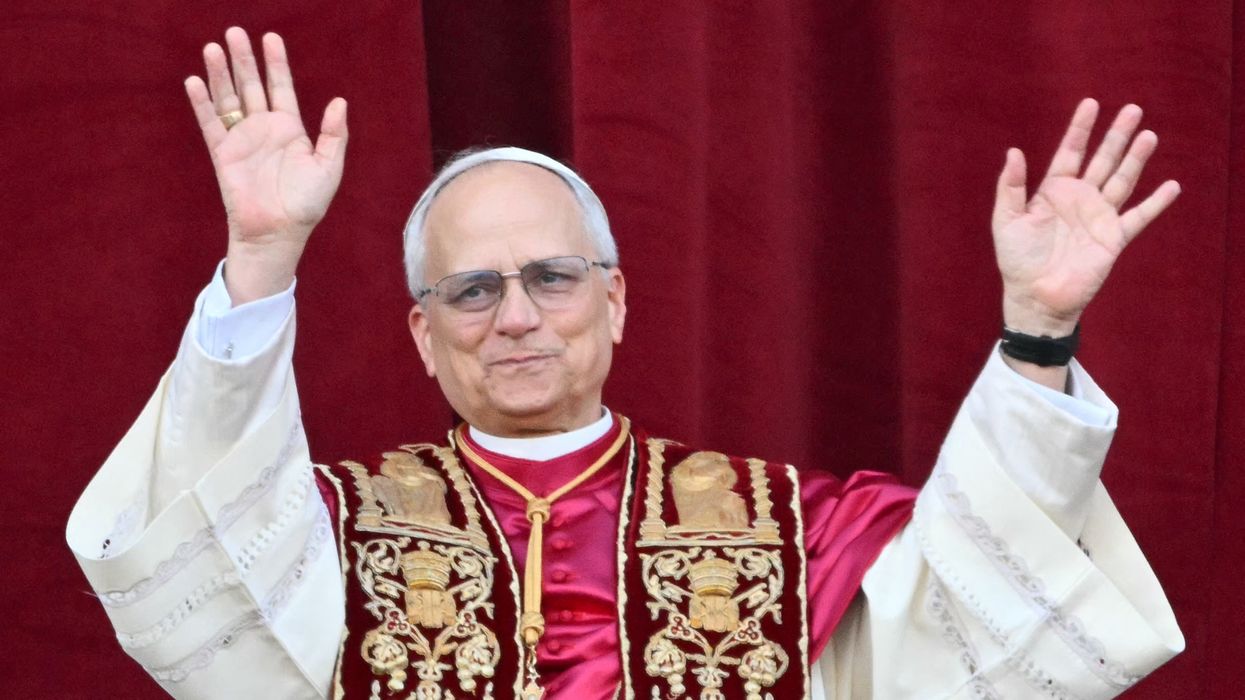A COMMON type 2 diabetes test may be inaccurate for tens of thousands of south Asians in the UK, a new study has shown, prompting calls for more research.
A genetic variant almost exclusive to people with south Asian heritage affects the accuracy of the diabetes haemoglobin A1c (HbA1c) test, a survey released on Tuesday (16) said.
The test measures average blood sugar levels over the previous two-three months, which is crucial for diagnosing type 2 diabetes, monitoring prediabetes and guiding diabetes treatment.
Findings suggest the test may give false lower results in south Asian people who carry this genetic variant, leading to delayed diagnosis.
Diabetes UK, the leading charity for people living with diabetes, has called for more studies as there’s currently no evidence to suggest otherwise that test results are inaccurate for south Asians who do not carry the variant.
“More research is needed in this regard. And if it was possible to identify the people who carried the gene, then the NHS would need to offer alternative blood tests to those people in order to ensure they have equal access to effective diabetes care. Even if this did increase the costs of diagnosing diabetes and monitoring for this relatively group of people,” a spokesperson for the charity told Eastern Eye.
In England alone, an estimated 32,000 south Asian people with diabetes and 17,500 with prediabetes may have underestimated blood sugar levels due to this variant, research said.
The study was carried out by Dr Miriam Samuel at Queen Mary University London and colleagues in the genes and health research team.
Experts looked at data from 60,000 individuals of Bangladeshi or Pakistani ethnicity living in England, as well as data from the UK Biobank, which includes 500,000 people of varied ethnicity living in the UK.
Through their analysis, the researchers identified a genetic variant found in 7.6 per cent of people of South Asian heritage. However, the variant is ultra-rare in other ethnicities.
Individuals with this variant were found to have falsely lower HbA1c levels and differences in their full blood count. HbA1c tests estimate average blood sugar levels by measuring how much sugar is attached to haemoglobin in red blood cells.
The research suggested the genetic variant is linked to changes in red blood cells, and that this affects HbA1c test results.
According to the study, those with one copy of the genetic variant (heterozygous) were diagnosed with type 2 diabetes on average one year later, while those with two copies of the genetic variant (homozygous) were diagnosed on average two years later, than those without the genetic variant.
Samuel said, “Many genetic variants linked to red blood cell conditions are ultra-rare among northern Europeans, who have historically dominated genetic studies. We demonstrate one such variant that is carried by 7.6 per cent of south Asians which could affect the accuracy of HbA1c and cause delays in diabetes diagnosis.
"Studies focusing on populations who are underserved in genetic research are vital to understand the different pathways that may contribute to diabetes inequalities in these communities.”
In England, it’s estimated there are 420,000 people from a south Asian background living with diabetes and 230,000 have a diagnosis of prediabetes and are therefore at high risk of developing type 2 diabetes.
Data suggested the HbA1c test is underestimating blood sugar levels in around 32,000 south Asian people with diabetes and 17,500 with prediabetes.
Researchers proposed that additional blood sugar testing, such as fasting glucose and oral glucose tolerance tests, and alternative monitoring pathways might be needed for south Asians who carry the variant.
They stressed the importance of ethnic diversity in genetic research and recommended further research to explore if inaccurate HbA1c results contribute to the diabetes inequalities
Dr Elizabeth Robertson, director of research at Diabetes UK, said: "This evidence showing the accuracy of a common test to diagnose and monitor type 2 diabetes is linked to a person's ethnicity should be urgently investigated further.
"Every individual at risk or with diabetes, regardless of their background, deserves equal access to effective diabetes care to live a healthy life and mitigate long-term diabetes complications.”
In England, there are 422,051 people with a south Asian background who have type 1 or type 2 diabetes and around 231,946 people have a diagnosis of prediabetes.
Diabetes is one of the leading causes of preventable sight loss in people of working age in the country and is a major cause of lower limb amputation, kidney failure and stroke.



















